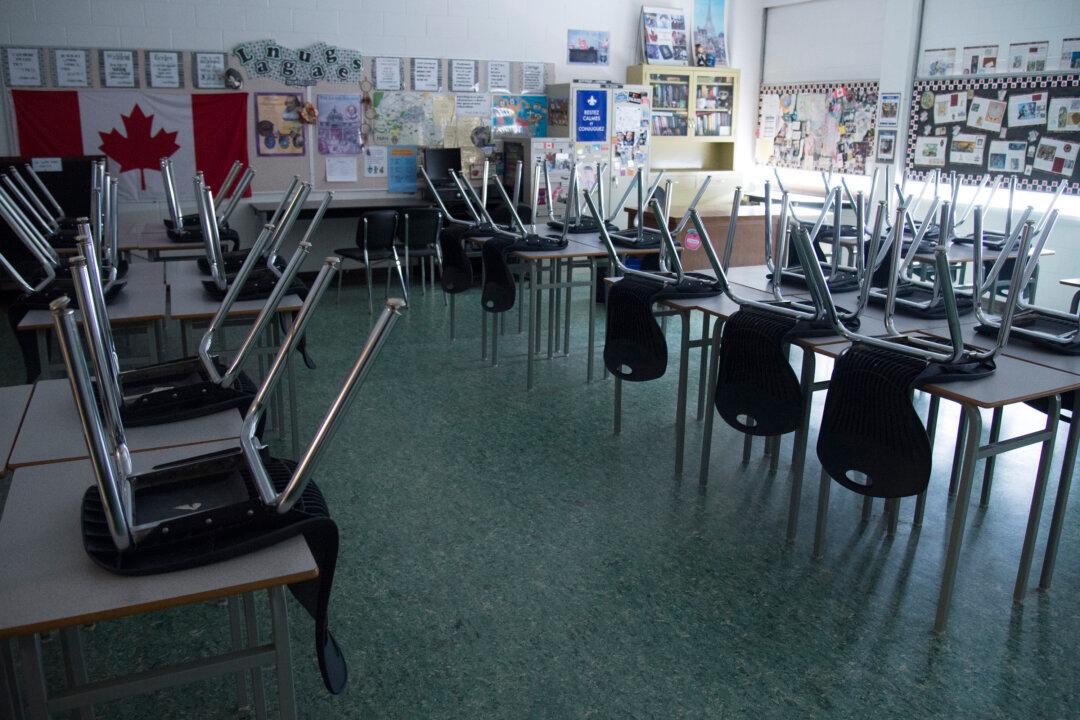The Thames Valley District School Board (TVDSB) said a teacher who was charged by police with failing to provide the necessities of life to a student, will not be working in schools.
“Thames Valley is aware that charges have been laid involving an Occasional Teacher employed at the board,” a spokesperson said in an email to The Epoch Times. “The employee will not be assigned to a school.”





